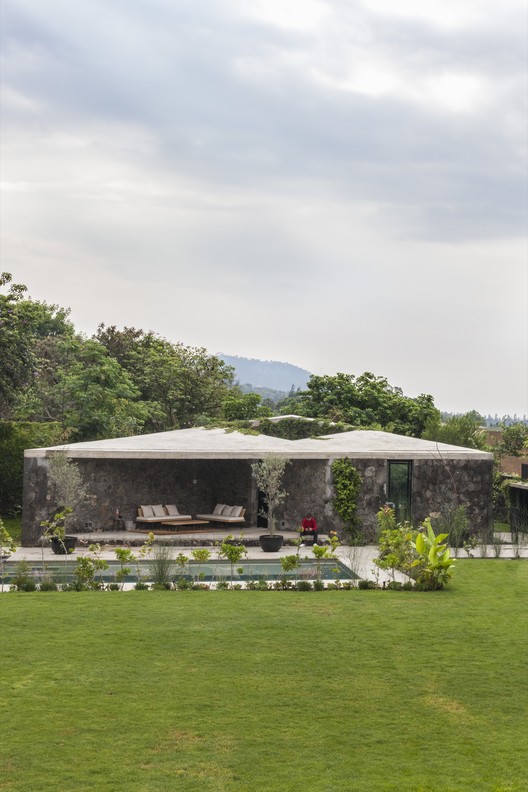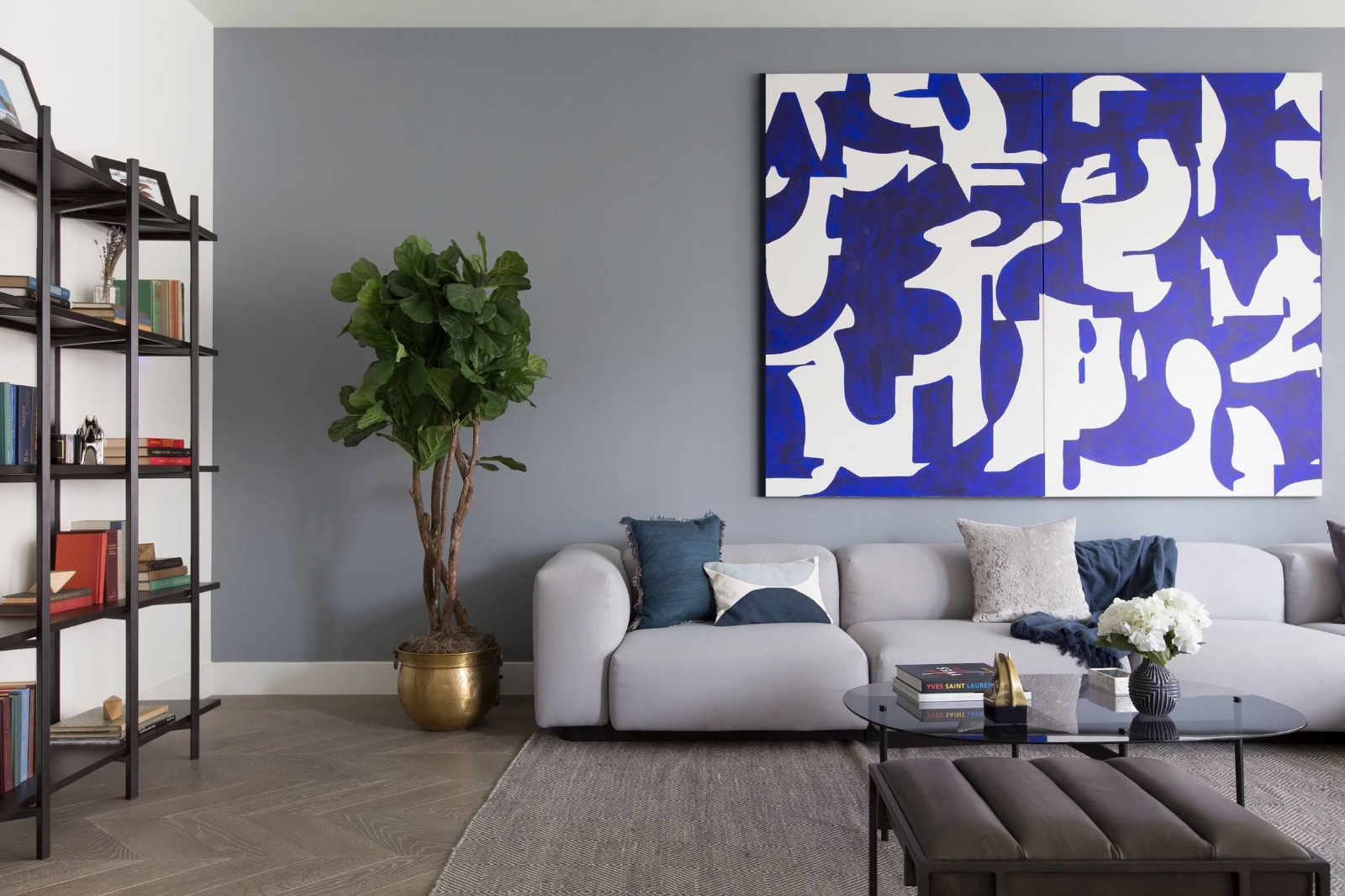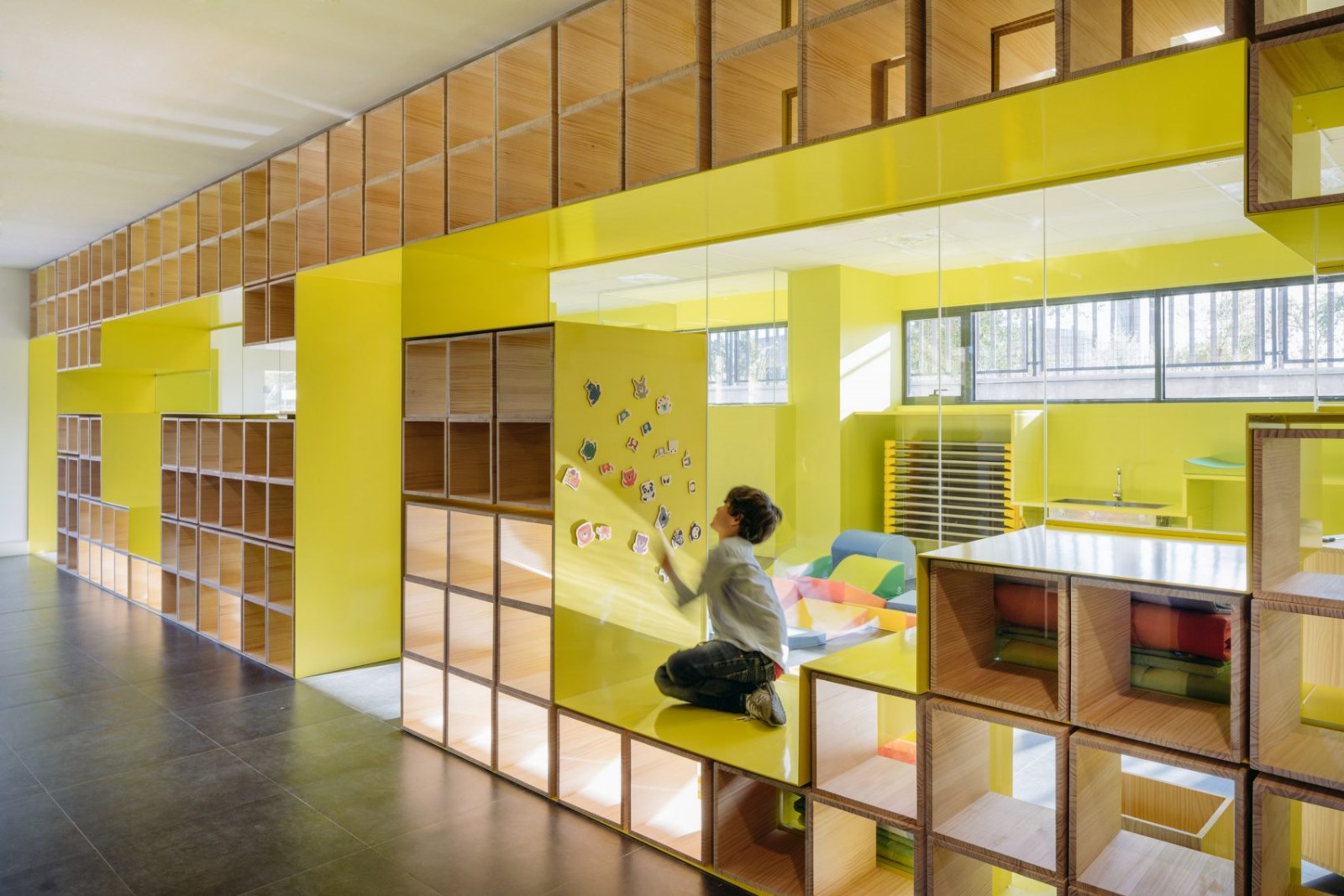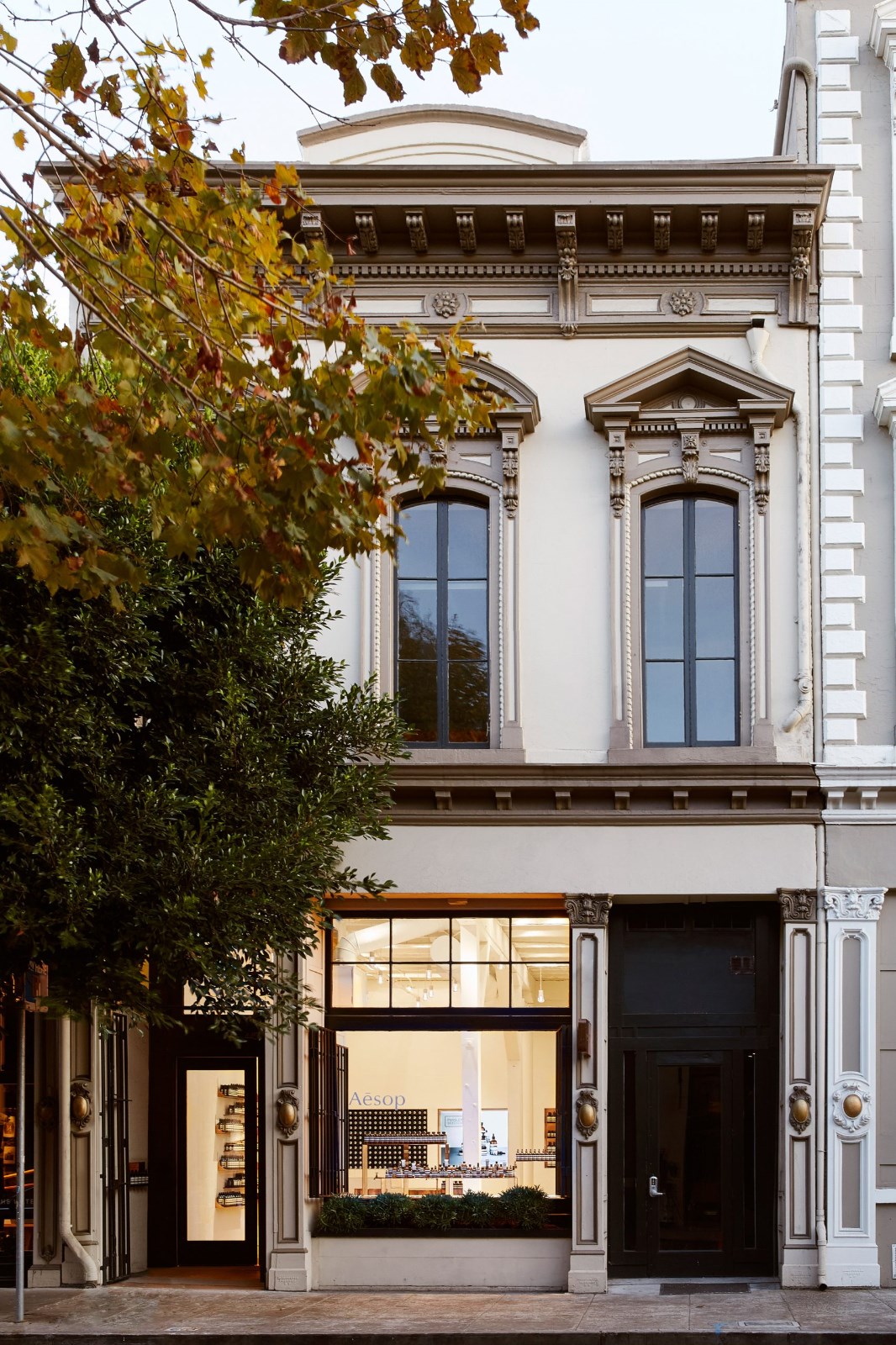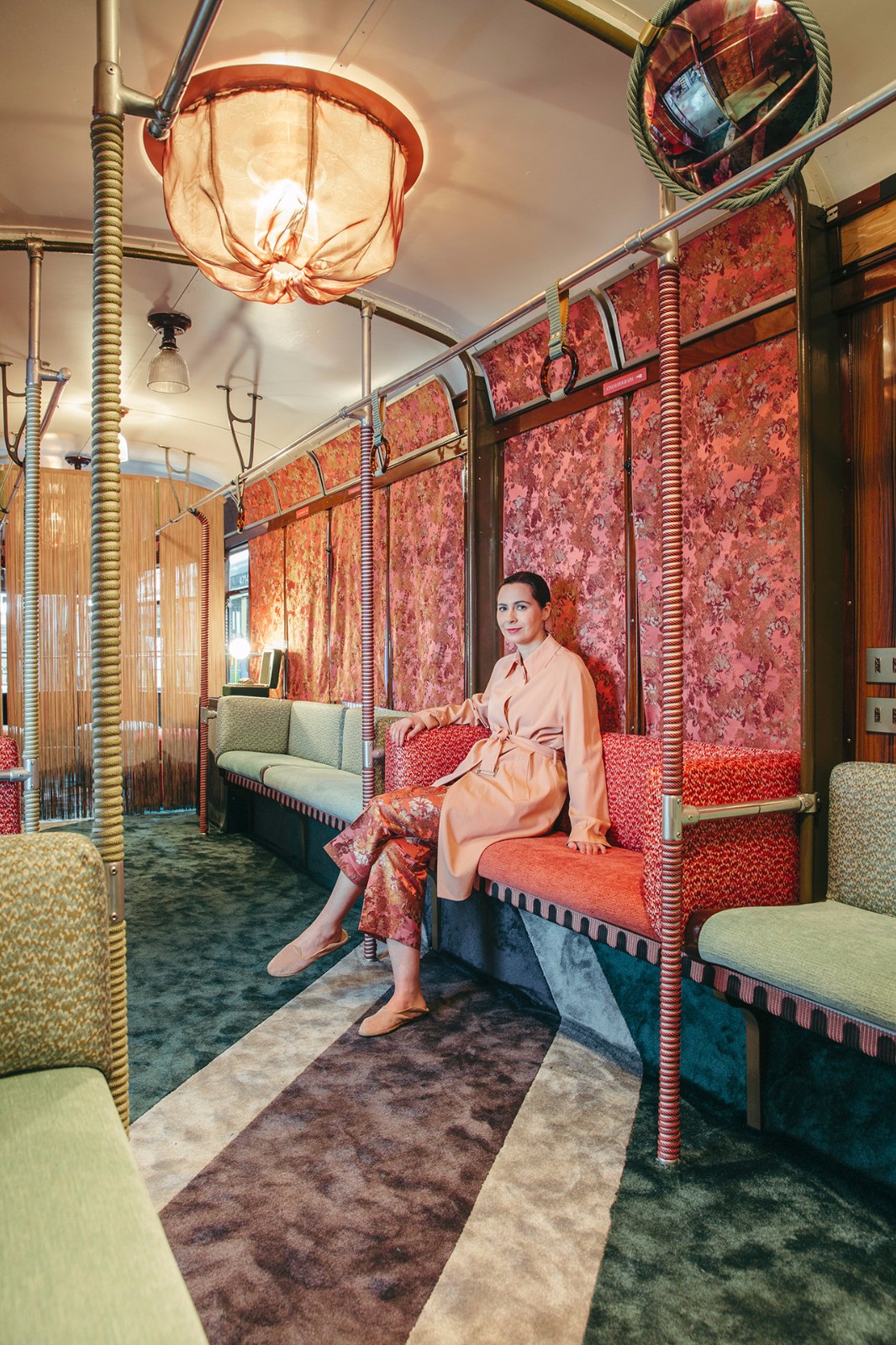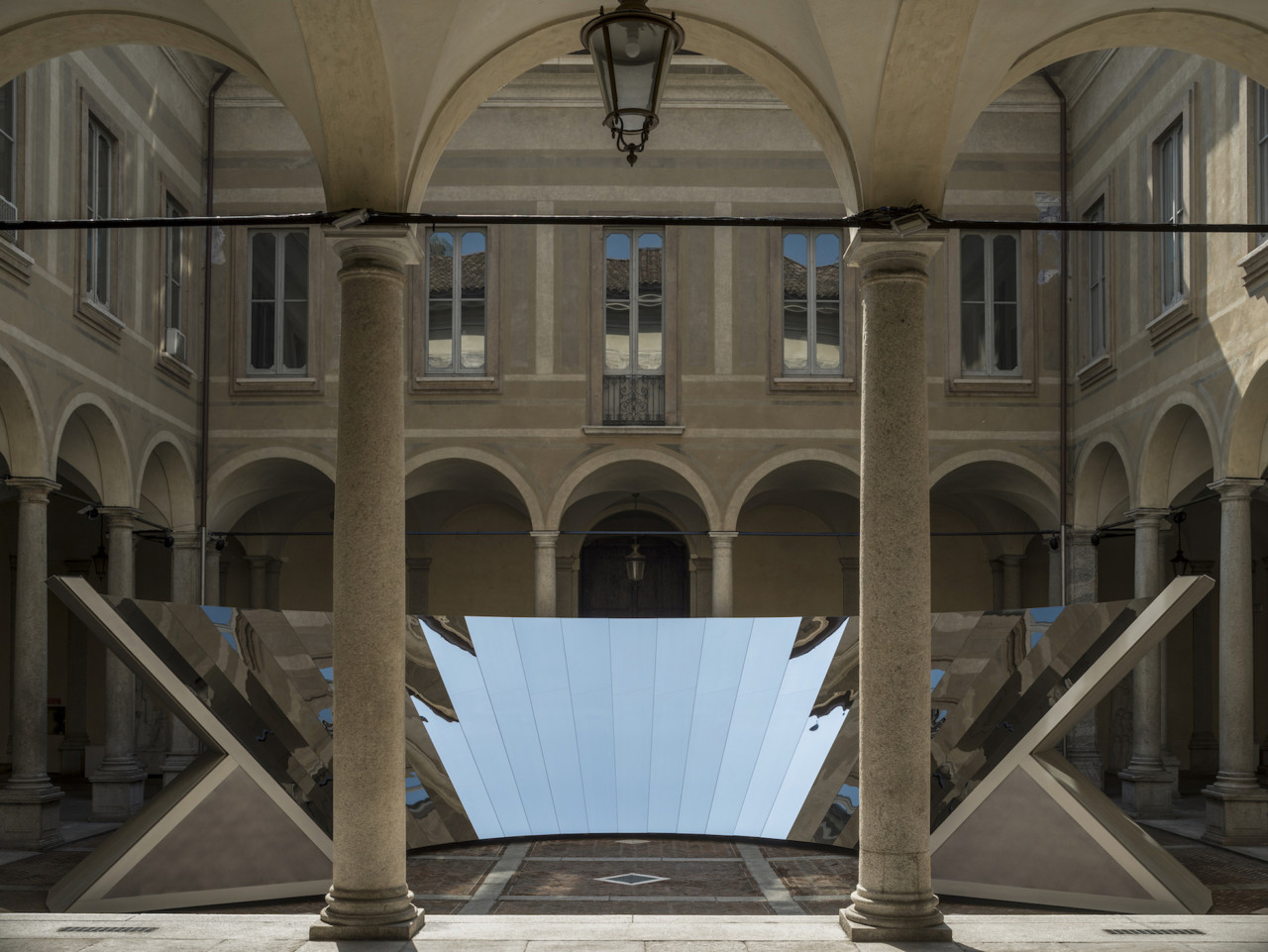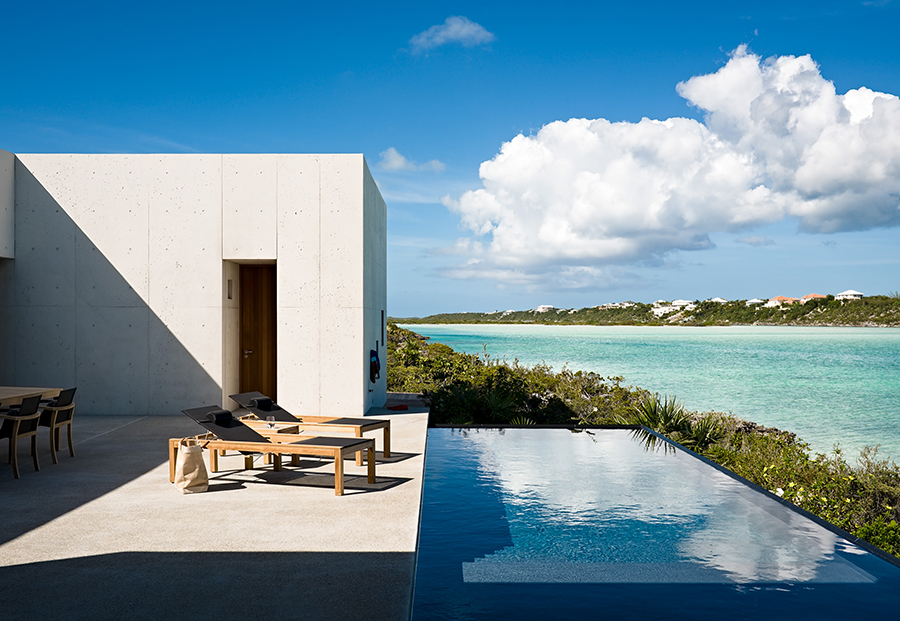Ti kay là Bonaventura Visconti di Modrone
2016-05-10 08:00
© Marco Cappelletti
c.Marco Cappelletti


架构师提供的文本描述。2014年至2015年,意大利建筑师博纳文图拉·维斯康蒂·迪·莫乌尔(Bonaventura Visconti Di Moren)被邀请到海地南部埃斯特省(Sur Este)的一个小村庄Anse-àPitres,为帮助当地街头儿童的非政府组织Ayitimoun Yo建造一座住宅建筑群。
Text description provided by the architects. Between 2014 and 2015, right after graduating, Italian architect Bonaventura Visconti di Modrone was invited to Anse-à-Pitres, a small village in the Sur Este department of Haiti, to build a housing complex for Ayitimoun Yo, an N.G.O. that helps local street children.
© Marco Cappelletti
c.Marco Cappelletti


与国家农业组织创始人的一次会议促进了为儿童设计一座抗震建筑的想法,这也可以作为一种资源(避风港)来帮助他们感到受欢迎,并重新成为家庭的一部分。
A meeting with the N.G.O founders fostered the idea of designing an anti-seismic building for the children, that could also serve as a resource (haven) to help them feel welcome and part of a family again.
© Marco Cappelletti
c.Marco Cappelletti


NG.O想要一个易于控制的空间,孩子们可以在那里睡觉和进行日常活动。
The N.G.O wanted a space that would be easy to control, in which the children could sleep and carry out their daily activities.
© Marco Cappelletti
c.Marco Cappelletti




© Marco Cappelletti
c.Marco Cappelletti


另一方面,孩子们需要不同的区域;一个可以与他们的室友分享的室内空间;一个做家庭作业和与密友共度时光的阳台;一个与其他人共享的横向大开放空间。考虑到有不同年龄和背景的儿童,这一细分是很重要的。
The children, on the other hand, would need different areas; an indoor space to share with their housemates; a veranda to do their homework and spend time with their close friends; a lateral big open space to share with all the others. This subdivision is important considering the fact that there are children of different age and background.


由于建筑物必须符合当地建筑环境,因此采用了两个典型要素:拉库定居点和海地农村房屋。
Since it was important that the building fit within the local architectural context, two of its typical elements were adopted: the lakou settlement and the Haitian rural house.
© Marco Cappelletti
c.Marco Cappelletti


第一种是传统的在中央庭院周围布置房屋的方法,这是通过将房屋排成一条线,并在建筑物之间留下一个很大的空旷空间来实现的。第二个是一个简单而干净的长方形房子,有一个开放的阳台,装饰得很愉快,上面覆盖着倾斜的屋顶。在海地文化中,倾斜的屋顶特别意味着尊重和接受,因此它被反复地包括在内,创造了未被破坏的盖子的特征形状。
The first is a traditional way of arranging the houses around a central courtyard; this was reinterpre- ted by placing the houses in a line and leaving a big open space between the buildings. The second is a simple and clean rectangular-shaped house, with an open veranda that is cheerfully decorated and covered with a pitched roof. In the Haitian culture, the pitched roof especially means respect and acceptance, so it was included repeatedly, creating the characteristic shape of the unin- terrupted cover.
© Marco Cappelletti
c.Marco Cappelletti


海地气候炎热潮湿,屋顶结构与房屋分离,空气清新,微风吹过,提供自然通风。
The Haitian climate is very hot and humid, so the roof structure is detached from the houses, al- lowing fresh air to breeze through and providing natural ventilation.


一些项目细节,如砖块和混凝土平台的颜色,是孩子们通过工作坊直接选择的;这有助于他们个性化未来的房子,增强他们的所有权感。
Some of the project details, such as the colour of the bricks and of the concrete platform, were cho- sen directly by the children through workshops; this helped them to personalise their future houses and strengthened their feeling of ownership.
© Marco Cappelletti
c.Marco Cappelletti


通过调查和重新解释当地的建筑环境,我们能够设计出一座与周围环境紧密结合的建筑。
By investigating and reinterpreting the local architectural context we were able to design a building well integrated with the surroundings.
© Marco Cappelletti
c.Marco Cappelletti


我们在建设过程中面临的主要问题是物流的组织;所需的许多材料都是在多米尼加共和国购买的,主要是在首都Santo domin-go,这是一次离工地一天的路程。
The main issue we faced during the construction was the organization of the logistics; many of the materials needed were bought in the Dominican Republic, mainly in the capital city of Santo Domin- go, which is a one-day trip from the construction site.
© Marco Cappelletti
c.Marco Cappelletti


此外,由于两国之间的外交问题,很难通过海关清关货物并将其运往现场。
Furthermore, because of diplomatic issues between the two countries, it has been difficult to clear the goods through custom and transport them to the site.
© Marco Cappelletti
c.Marco Cappelletti


所有其他材料和部件都是当地工匠在现场定制的.完全雇用当地工人和工匠的决定导致整个社区的直接参与,并建立了一个属于该地区及其建筑和文化背景的设施(地点;地点)。
All the other materials and components were customized on-site by local craftsman. The decision to employ local workers and artisans exclusively, led to the direct participation of the entire community and to the creation of a facility (site; place) that belongs to the area and to its architectural and cultural context.




















































Architects Bonaventura Visconti di Modrone
Location Anse-à-Pitres, Haiti
Category Educational Architecture
Area 400.0 m2
Project Year 2015
Photographs Marco Cappelletti
















